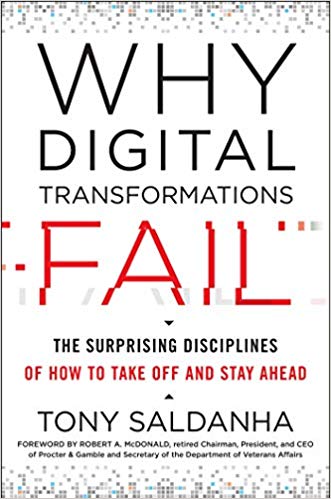

The yearly RT reading lists are meant to provide a monthly jolt of inspiration as we go about our work transforming organizations and systems to build a better world.
The complex challenges we’re facing are urgent and often feel overwhelming. So, kicking off 2020, I’m feeling the urge to ruthlessly prioritize, focus on what matters and discard the rest.
The books in this year’s list are all about being more effective with our personal resources, designing the new world we want and organizations that can adapt, and overcoming hurdles during the transformation.
January
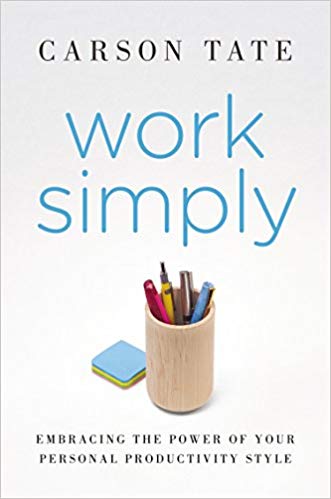
As a new parent, I have even less time than before to spend on complicated productivity systems. This book sounds like an interesting perspective on getting things done because it recognizes that people have different productivity styles. I’m especially excited to see that this book talks about how to mesh your productivity style with other people’s preferences. I’ve seen groups struggle with confusion and frustration when the team productivity system doesn’t match how individuals think about the work.
February
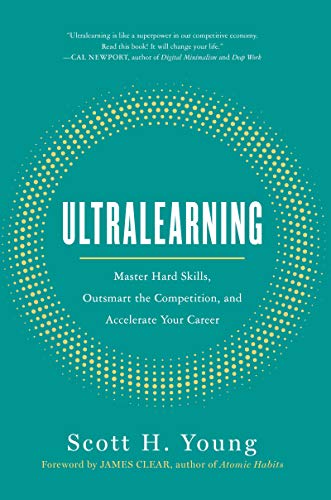
When you’re dealing with complex systems, there are a lot of topics to learn and information to absorb, like technology trends, and new methods and tools. We also often don’t have a lot of free time for research before making decisions. That’s why being an effective learner is so important.
March
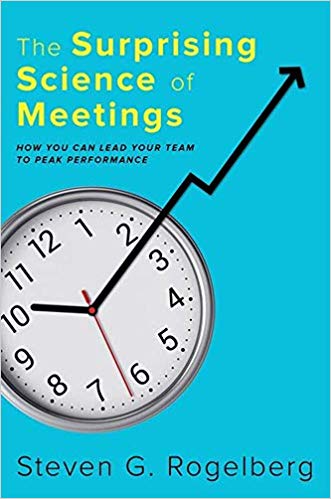
Most leaders, engineers, and designers that I’ve met spend more time than they’d like in meetings. But they also want to build relationships with their co-workers, share information, and solve problems together. Every hour spent in a bad meeting takes away time and energy from the type of connection that people really want and need. Rogelberg promises to help us lead (and participate in) more effective meetings, with tips based on research.
April
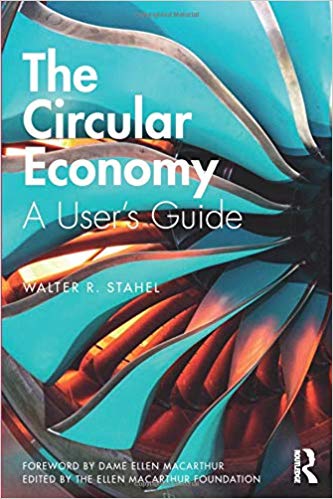
The Circular Economy: A User’s Guide by Walter Stahel
The status quo of consumerism isn’t sustainable. But the good news is that many companies are shifting to a new circular model. This book offers an overview of the circular economy model and a different way to think about decisionmaking in our own businesses and personal lives.
May
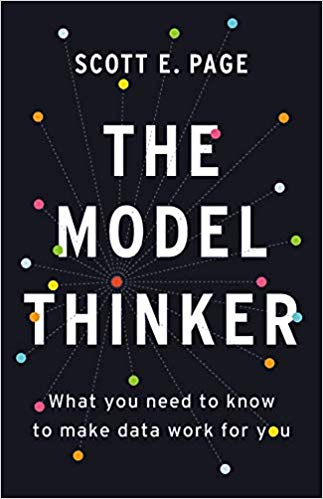
The Model Thinker: What You Need to Know to Make Data Work for You by Scott Page
As more and more data becomes available, we need to rely on models to transform the data into insights. Page offers some techniques for organizing this data to make better decisions.
June
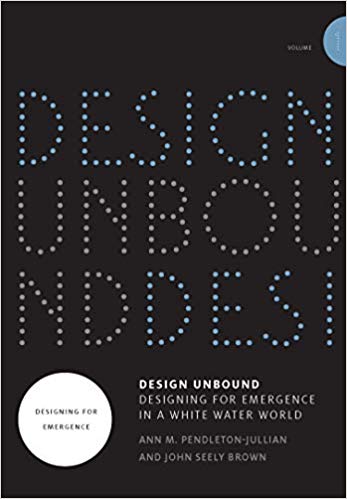
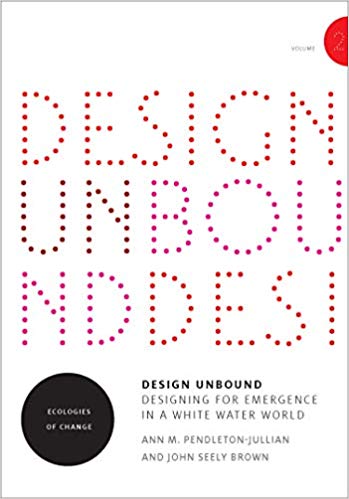
In a world that’s constantly shifting, we can’t always design for certain outcomes and instead need to design for emergence. This two-book series promises both theory and practical tips for adapting our design practices.
July
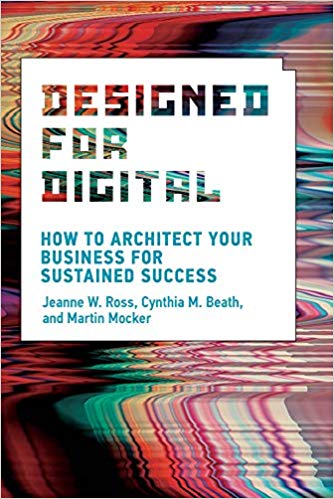
Many companies have implemented emerging technologies, but they’re embedded within older business models. The authors of “Designed for Digital” talk about ways to shift your business operating system to truly achieve “digital transformation,” pulling examples from large established organizations.
August

An Elegant Puzzle: Systems of Engineering Management by Will Larson
For another viewpoint on how to manage technology, this resource was written about managing engineering teams, by an author who has worked in companies like Digg, Uber, and Stripe.
September
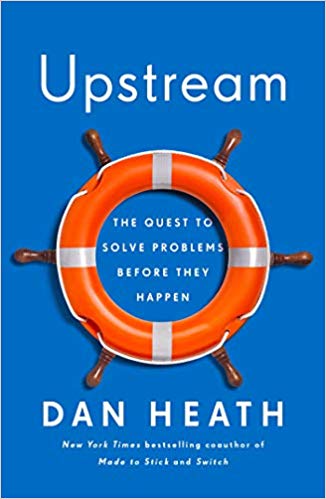
Upstream: The Quest to Solve Problems Before They Happen by Dan Heath
This book, to be published in March, offers tips for preventing problems rather than reacting to them. I’m curious to see what Heath recommends.
October
We know that technology can help us solve problems. But even with the best intentions, a failed digital transformation can leave an organization stagnant or behind. This book by a former VP for IT and Shared Services at Procter & Gamble offers some advice for others going through a transformation.
November
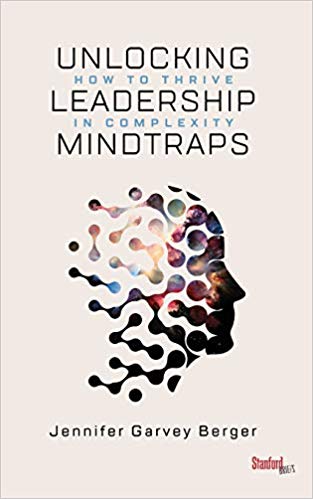
Unlocking Leadership Mindtraps: How to Thrive in Complexity by Jennifer Garvey Berger
Our instincts might be leading us astray. Garvey Berger identifies five mind traps and how to avoid them as we tackle complex challenges.
December
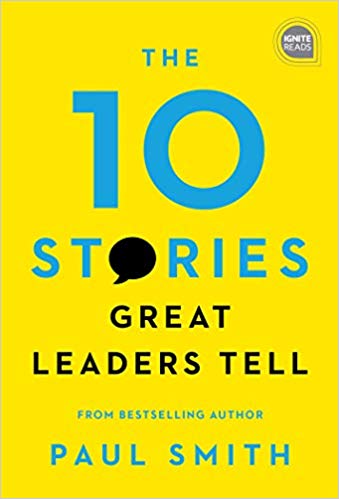
The 10 Stories Great Leaders Tell by Paul Smith
Throughout the design and transformation journey, we need to tell stories to motivate people to take action. Smith offers 10 stories that we should develop and refine to be more effective leaders.
Looking for more books to add to your to-read pile? Check out the RT readings lists from past years. What else is on your reading list for 2020?
